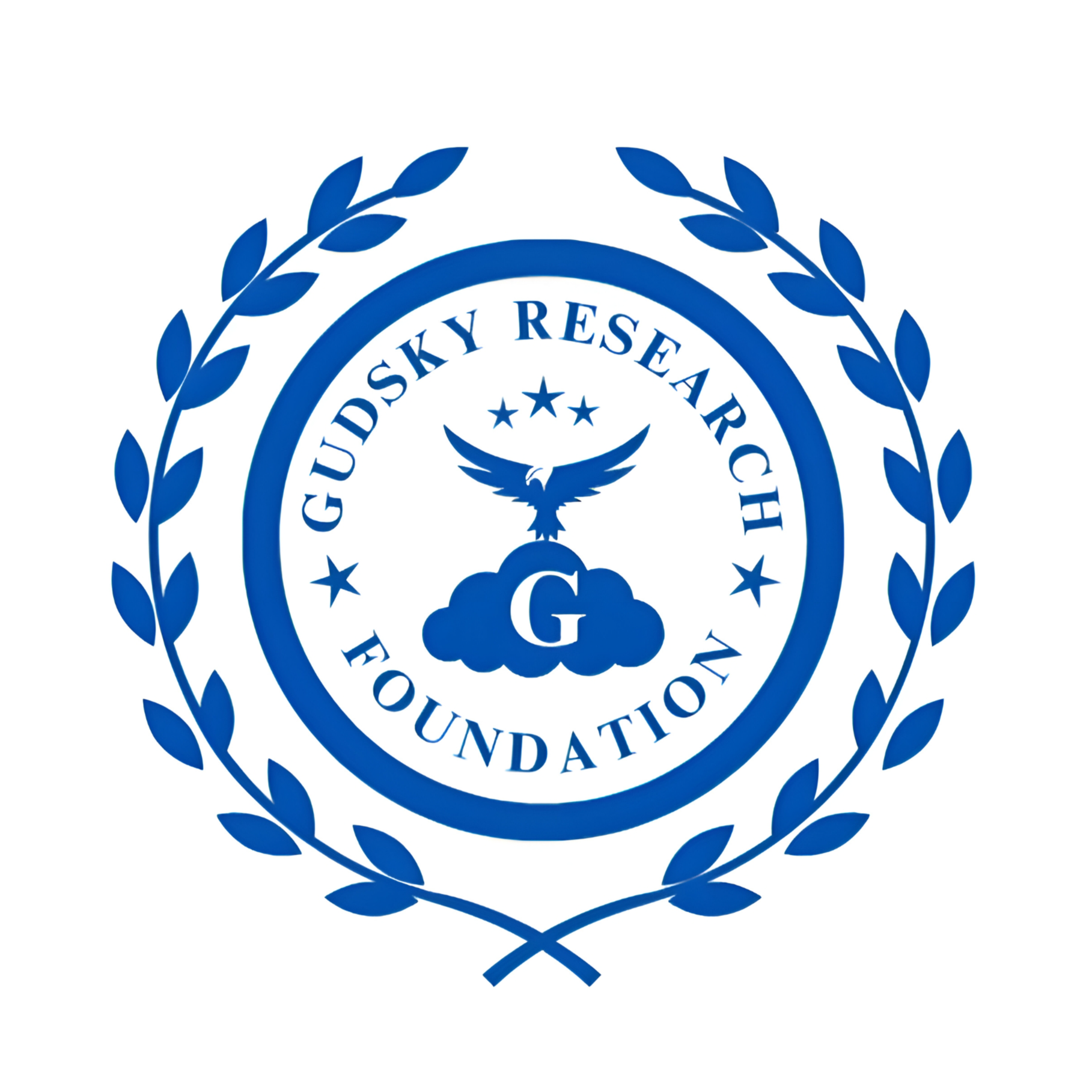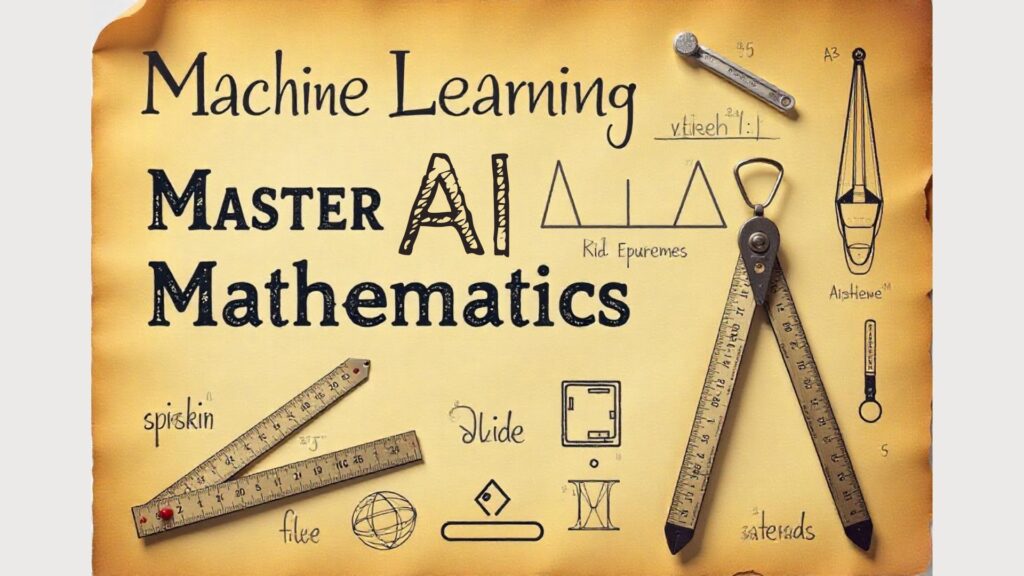Master Mathematics for Machine Learning & AI!
Master Mathematics for Machine Learning & AI! Master Mathematics for Machine Learning & AI! Description Are you ready to master the mathematical concepts essential for AI and Machine Learning? This 6-week hands-on workshop is designed to help UG & PG students build a strong mathematical foundation while applying concepts practically using Python. Unlike traditional theory-based courses, this program emphasizes real-world implementation, ensuring you gain the skills necessary for AI and ML applications. Through live interactive sessions, you’ll explore Linear Algebra, Calculus, Probability, and Optimization—the core pillars of AI/ML. You’ll also work with NumPy, Matplotlib, and data handling techniques, making you proficient in Python for ML. Each week includes quizzes and coding exercises, keeping your progress on track. The course culminates in a hands-on project, where you’ll apply everything you’ve learned to build an ML model. With mentorship, live Q&A, and a certificate of completion, this workshop is your gateway to excelling in AI & ML. Start your journey today! Seshan S With extensive experience in AI, Machine Learning, and Deep Learning, I have worked as a Summer Research Intern at IISc Bangalore and NIT Trichy, gaining hands-on expertise in cutting-edge AI applications. As an AI Developer at Rex Industries, I have applied ML and DL techniques to solve real-world challenges. My skills include Python, C/C++, SQL, TensorFlow, PyTorch, OpenCV, and Scikit-Learn, along with expertise in Git, Jupyter, and Google Colab. I have worked on impactful projects like early detection of neurodegenerative disorders and AI-powered assistive devices, with research published in IEEE and Springer Journals. Excited to mentor and guide AI enthusiasts! Benefits Python for ML – NumPy, Matplotlib & Data Handling Linear Algebra – Matrices, Vectors, SVD & PCA Calculus – Differentiation, Integration & Gradient Descent Probability – Distributions, Bayes’ Theorem & Markov Chains ML Applications – Cost Functions, Optimization & Neural Networks Final Hands-on Project – Apply your knowledge & build an ML model ✨ Why Join?✔️ Practical Learning – Hands-on Implementation in Python✔️ Industry-Relevant Curriculum – Learn AI/ML Math Applications✔️ Live Q&A & Mentorship – Get Your Doubts Cleared Instantly✔️ Weekly Quizzes & Final Project – Test & Showcase Your Skills✔️ Certificate of Completion – Add to Your Resume & Portfolio Saturday 3 hour Sunday 3 hour FAQ Who can enroll in this workshop? This workshop is open to everyone interested in building a strong mathematical foundation for AI and ML. While it is specially designed for UG and PG students (1st-4th year), professionals and AI/ML enthusiasts can also join. Whether you’re a beginner or have some prior knowledge, this course will help you grasp essential concepts with hands-on Python implementation. Do I need prior experience in AI/ML to join? No prior experience in AI/ML is required! However, basic programming knowledge (preferably in Python) will be helpful. The workshop starts with fundamental concepts and gradually moves to advanced topics, ensuring that all students can follow along effectively. Course Details: Course Price: ₹379 Instructor Seshan S Lesson Duration 6 Weeks Language: English Certifications Digital Buy Course
Master Mathematics for Machine Learning & AI! Read More »

